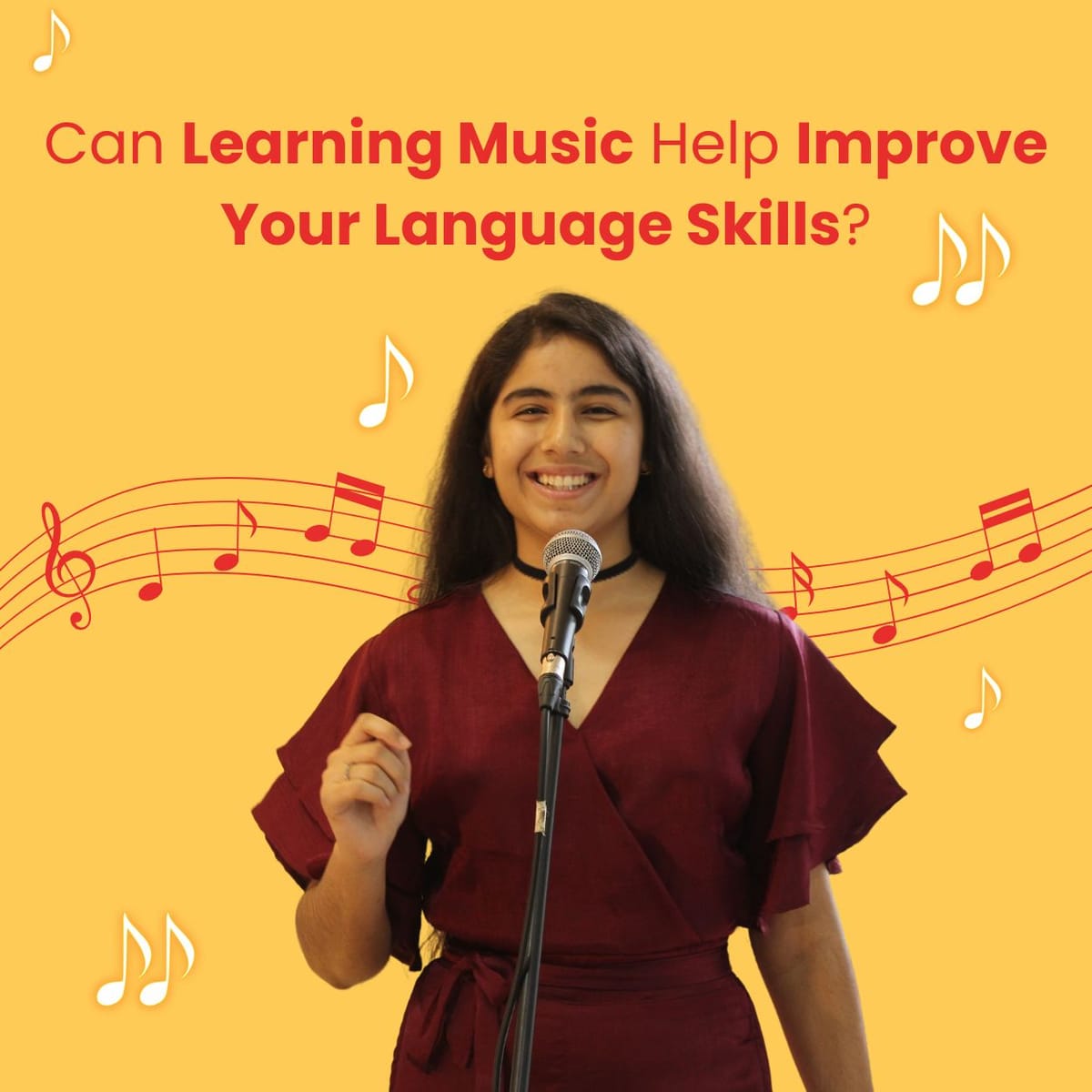
Table of Contents
Did you know that learning music can do more than just help you play an instrument or sing a song? It can also improve your ability to learn new languages.
Music and language share patterns, rhythms, and structures that make them closely connected. When you engage with music, you’re not just creating melodies—you’re building skills that make mastering a new language easier.
Let’s explore how music can help you improve your vocabulary, pronunciation, and even memory.
1. Sharpening your Ears for Sound
Music trains your ears to notice subtle differences in pitch, rhythm, and tone. This is called auditory discrimination, and it’s the same skill you use to hear and reproduce unfamiliar sounds in a new language.
For example, musicians are often better at picking up accents or distinguishing between similar-sounding words. Singing or playing music fine-tunes this ability, making it easier to adapt to new linguistic patterns.
2. Building a Stronger Memory
Learning music involves practicing and remembering scales, rhythms, and chords. This strengthens your brain’s ability to process and retain complex information—just like learning vocabulary and grammar in a new language.
Studies show that musicians often have better verbal memory, meaning they can remember words and phrases more effectively. Think of your brain like a muscle: the more you train it with music, the better it gets at retaining information.
3. Perfecting Pronunciation and Vocabulary
Have you ever noticed how singing along to your favorite song helps you remember lyrics effortlessly? Music makes learning fun and memorable, which is why it’s such a powerful tool for improving vocabulary and pronunciation.
Singing or playing music exposes you to new words, helps you practice their pronunciation, and teaches you the natural intonation of a language—all without feeling like a chore.
4. Cultural Exposure and Contextual Understanding
Music is a gateway to understanding different cultures and contexts. When you sing songs in other languages or explore music from different traditions, you’re not just learning words—you’re learning their deeper meanings.
This cultural exposure makes language learning more enriching and helps you connect with people on a deeper level.
Watch the Video to Learn More!
Want to know more about how music can boost your language skills? Check out our latest video:
5. 🎥 How Learning Music Improves Language Skills
Discover how music can make learning languages more effective, enjoyable, and rewarding.
Music and language are deeply connected, and learning one can improve the other. Whether you’re a beginner musician or a language enthusiast, incorporating music into your learning routine can provide incredible benefits. From improving memory to expanding vocabulary, music is a powerful ally in language development.
So the next time you pick up your instrument or hum your favorite tune, remember: music can transform the way you learn and connect with the world.
